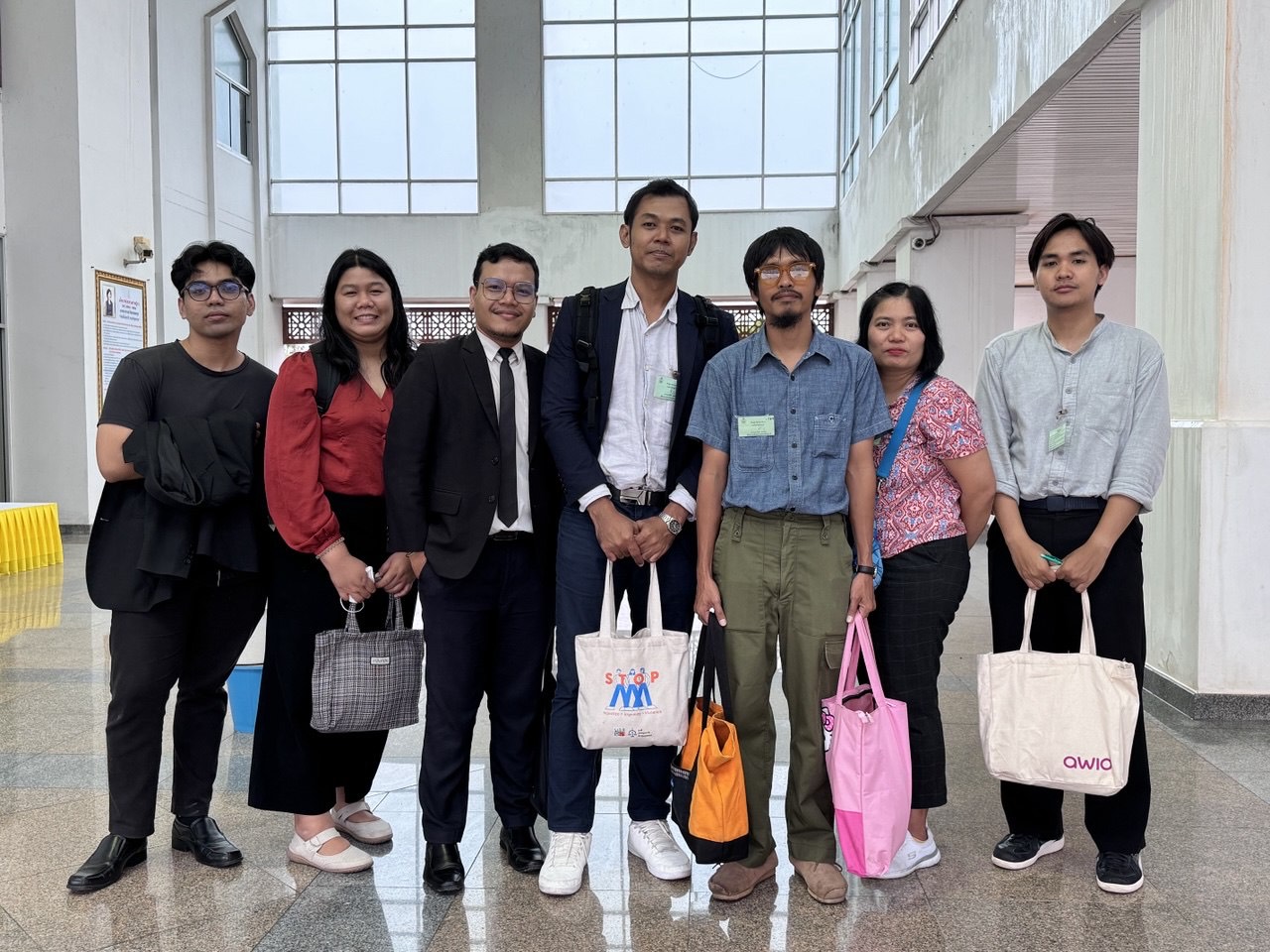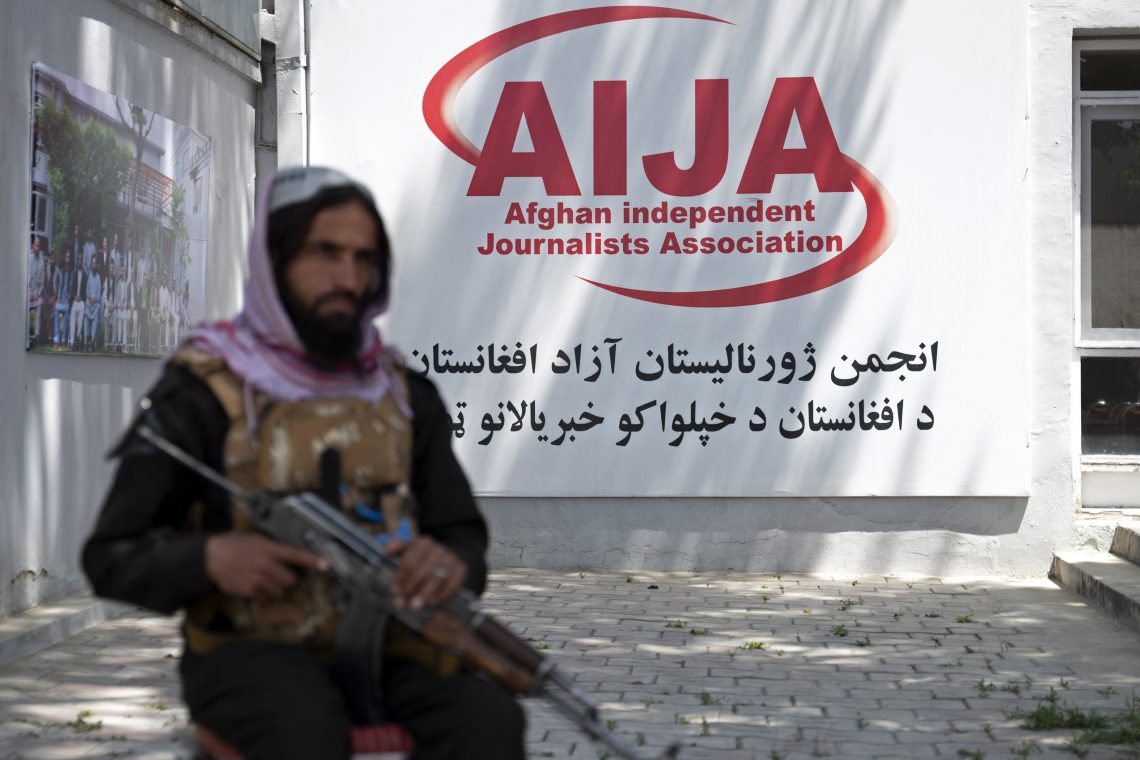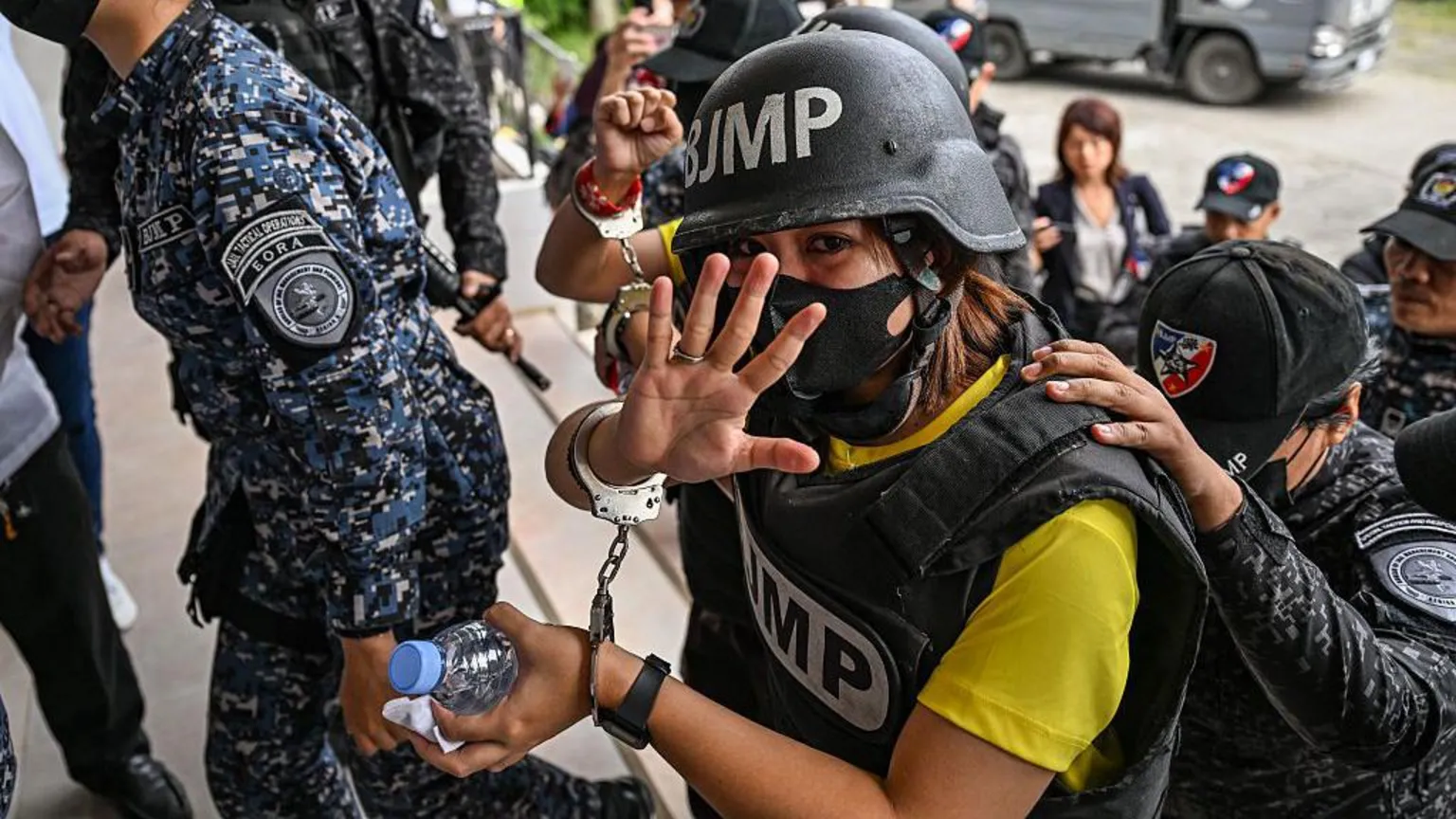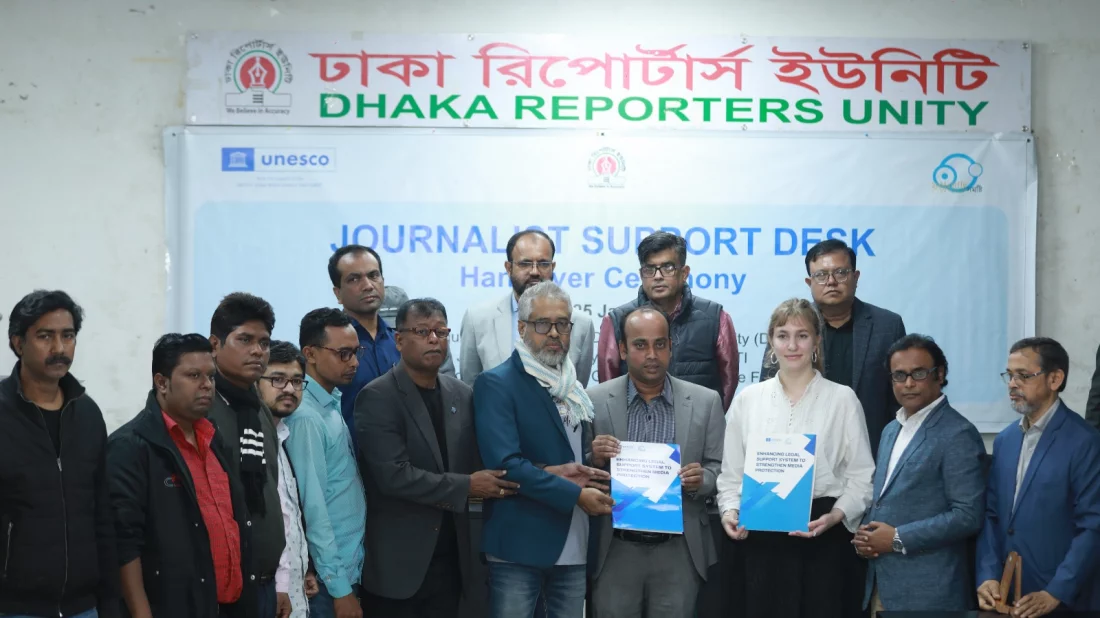
Zimbabwean Journalist Remains Jailed Amid Mounting Concerns Over Press Freedom
March 12, 2025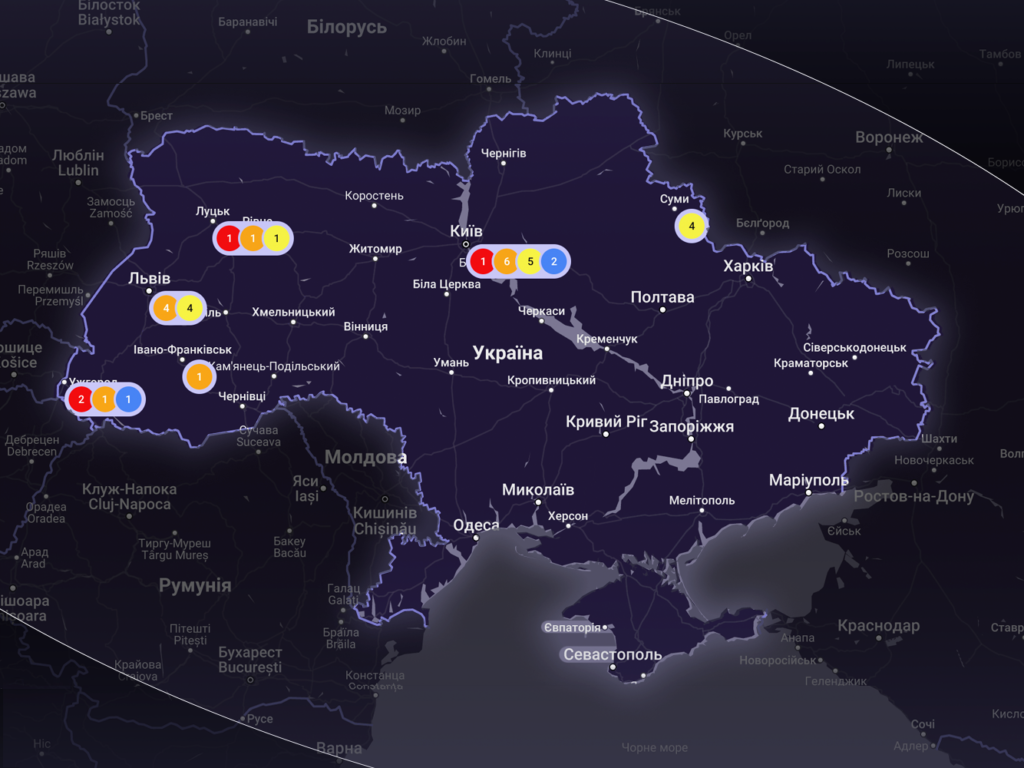
Interactive Map Launched to Track Online Attacks Against Women Journalists in Ukraine
March 13, 2025March 12, 2025 – Thailand –
In a major victory for press freedom in Southeast Asia, the Appeals Court of Thailand has acquitted journalist and activist Supinya Klangnarong in a long-running criminal defamation case filed by poultry company Thammakaset. This decision, hailed by global media watchdogs as a landmark ruling, underscores growing resistance against the misuse of defamation laws to silence critical reporting.
The case stemmed from a 2020 social media post in which Supinya expressed support for fellow journalists and human rights defenders facing similar lawsuits from Thammakaset. The company had filed over 37 defamation and Computer Crime Act complaints since 2016 against individuals who reported on labor rights violations at its poultry farms—allegations that were previously confirmed by Thailand’s own human rights commission.
Supinya’s post did not mention the company by name, but Thammakaset alleged it was damaging to their reputation and sought criminal penalties. However, the Appeals Court ruled that her expression of solidarity and concern for freedom of speech was both legitimate and constitutionally protected. The court emphasized that her post did not amount to defamation and was in line with her role as a media reform advocate.
This decision follows mounting international pressure on Thailand to address so-called “SLAPP” (Strategic Lawsuits Against Public Participation) cases, which use legal intimidation to deter journalists and activists. The International Federation of Journalists (IFJ) praised the acquittal as a significant precedent, noting that it could set a new standard for how courts evaluate defamation charges intended to stifle accountability reporting.
Supinya, a former member of Thailand’s National Broadcasting and Telecommunications Commission and a veteran media freedom advocate, said the verdict offered “a ray of hope” for Thai journalists. She reaffirmed the need to continue pushing for reforms that protect freedom of expression and prevent legal harassment of the press.
The ruling is expected to influence ongoing discussions in Thailand about revising defamation laws and safeguarding journalists from corporate and political pressure, especially in cases involving public interest reporting.
Reference –
https://www.tcijthai.com/news/2025/12/english/14217#google_vignette

